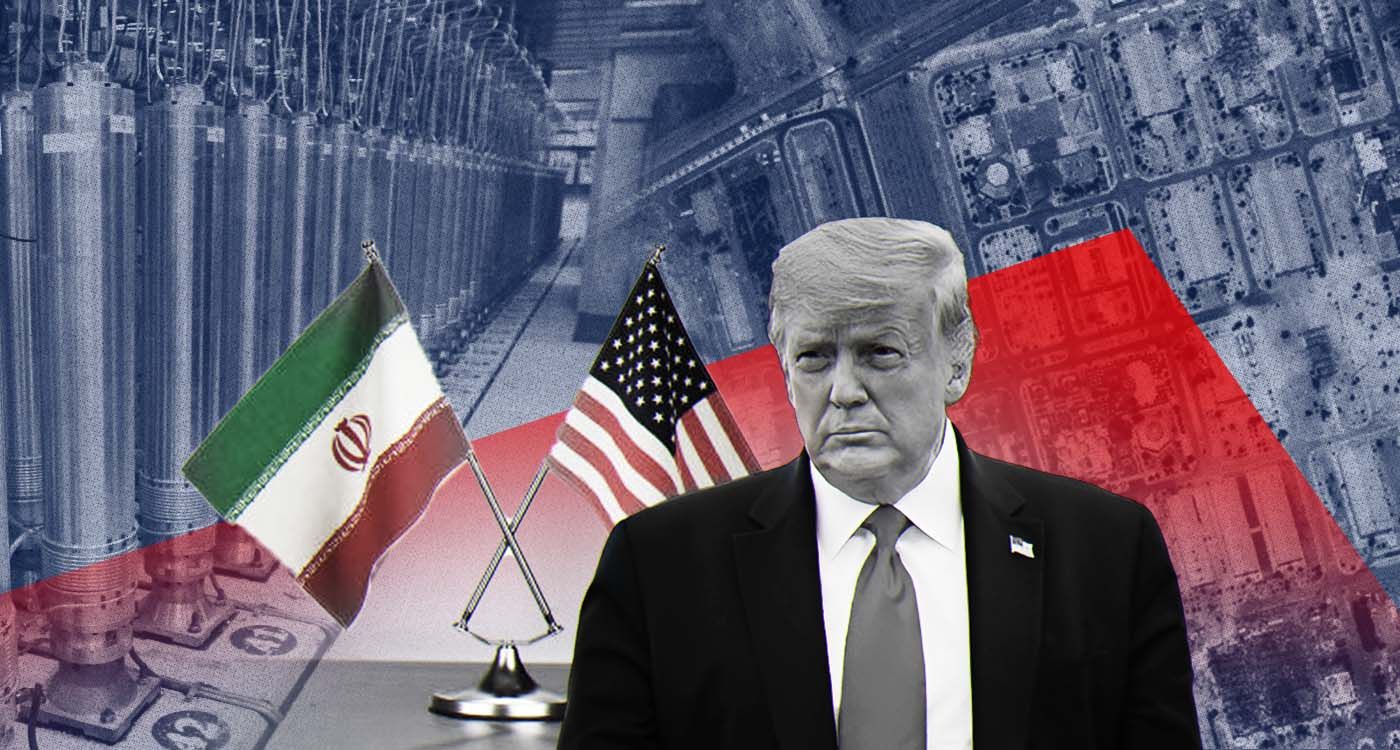- Home
- Middle East
- What’s Next, the Scope of Negotiations?

©This is Beirut
The truce finalized by US President Donald Trump should presumably pave the way to the end of the war and tentatively usher in a peace agreement. Otherwise, the restoration of the status quo ante and the rehabilitation of the older scripts of negotiations are highly questionable. The viability of the truce depends largely on the alternative narrative impelled by the military achievements and the ongoing strategic transformations and their incidence on deliberations and future peace negotiations. The military defeat of the Iranian regime is a factual and legal premise if the negotiation process were to proceed and yield tangible results.
The negotiations cannot be narrowed down to the nuclear issue and its ancillary questions. The defining axes should revolve around the chances of putting an end to the war and setting the rules of an incremental peace process. The scope of negotiations should never be limited to a mere deconfliction scheme while deliberately overlooking the overarching political and strategic issues. The deconfliction stage is unlikely to endure unless it is well tied to overriding strategic objectives.
The power asymmetries between the three actors and their clashing political and ideological narratives are inherently conflictual and unlikely to inspire and guide peace-making strategies. Nonetheless, the deconfliction process is a prerequisite for an all-encompassing strategy. The military denuclearization intertwines with the imperative of political normalization and the debunking of antisemitism, which lies at the heart of the institutionalized enmity and its ideological subtexts. Otherwise, we have to add the strategic dimension of the current conflict, whereby Iran considers Israel as the main obstacle to its domination strategy. The forthcoming negotiations should be carefully plotted if they are to yield tangible results.
The reductionist perspective, which narrows them to the nuclear issue, fails to perceive the nexus between the nuclear sanctuarization and the imperial strategy. The failure of the 2015 configuration was due to the compartmentalization of the approach and to the implicit tradeoff between the nuclear demilitarization and the tacit endorsement of the predatory politics premised on the “integrated platforms strategy” devised by Kassem Suleimani.
The actual scenario should avoid the pitfalls that undermined the earlier script and drove the subsequent conflict dynamics. The Iranian leadership didn’t come to terms with the scope of Suleimani's assassination and engaged in future undertakings that culminated with the October 7th, 2023, attack. The Israeli counterattack was determined to unravel the Iranian strategy and destroy its regional platforms as the corollary to the nuclear militarization.
The current truce owes to the massive debilitation of the Iranian power projections and the willingness of the US administration to engage a weakened Iran as a negotiator. This skewed posture lends back a status to the Iranian leadership that was behind the overall strategy of destabilization and terror, whereas their manifest defeat should degrade their representativeness, open up the negotiations to competing reformist actors and make sure to question their entitlement and legal credentials. Therefore, the definition of the negotiations scope is a prelude to the selection of the partnerships if the negotiations were to succeed.
The rehabilitation of the Islamic regime as the privileged interlocutor jeopardizes the scope of negotiations and the sustainability of the projected peace process. Paradoxically enough, the clerical bloody dictatorship, while defeated, found the time to pursue its terror campaign through public executions, systematic repression and massive incarceration of political opponents accused of complicity with the State of Israel.
Hence, the selected topics of negotiations are seminal to the normalization objectives and eventual peace plans. The hovering ambiguities should be dissipated before the onset of the negotiations. In case of presumptive failure, the reprise of hostilities is going to put at stake the deeply frayed regional equilibriums and reset the dynamics of violence as the main political and societal driver.
I see no reason for the US to reengage the Iranian regime as an equal partner in negotiations at a time when this regime is defeated and pursuing its politics of internal repression, providing support to its proxies and engaging in regional destabilization. I wonder what the issues would be if the questions of regional stabilization, military denuclearization, democratization and rehabilitation of the public liberties in Iran were dismissed. When the Allies engaged Nazi Germany at the end of WWII, they made it sign a capitulation treaty and proceeded to trials based on the well-documented basic human rights and international law violations.
I see no reason to overlook these questions and make sense of the incoming negotiations. Otherwise, if the Iranian regime is adamant about its agenda, one can hardly imagine the survival of the truce agreement. The skewed diplomatic engagement is inherently flawed and based on obliteration of facts and political obfuscations. One wonders how relevant this could be from a peacemaking perspective and how it could help end the ongoing war.
Read more




Comments